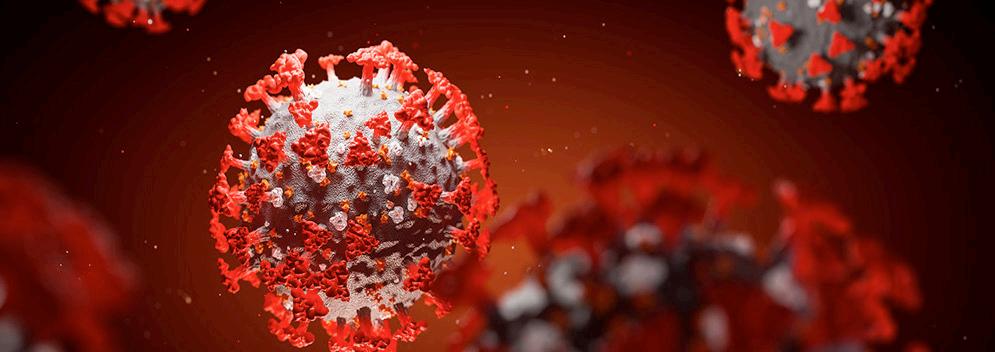
2 minute read
Burnout Syndrome in Agricultural Aviation
FREE TO FLY
Gleice Silva - gleice.jsr@gmail.com
In agricultural aviation, there were some challenges to be overcome, in the psychological world. Pilots and mechanics are affected by personal and various other problems that cause a reduction in attention and increase in stress. This implies a reduction in work performance by ignoring procedures of paramount importance that may cause the triggering of serious consequences.
For ag-pilots, stress situations can appear at any stage of life, but typically are related to work activities. However, it becomes worrying when stress reaches an alarming level at the point where the pilots enters into a state of physical and mental exhaustion. This condition is called Burnout Syndrome.
According to Dr. Miguem Cendoroglo Neto, the disease affects on average 4% of the population. It is a silent disease that can progress for several consecutive years. The person neglects his personal life, reduces contact with family, leaving aside leisure because he wants to dedicate himself more, or totally, to the profession.
Consequently, the work overload, the pressure and the daily rush makes exhaustion intensify and the situation worsens. Thus, leading the individual to isolate and emotionally disconnecting from the profession.
Burnout Syndrome has serious consequences for physical and mental health. Dr. Neto emphasizes, “The erroneous idea that continuous stress is something normal, proves the need to search for specialized help. The consequent diagnosis will be Burnout Syndrome.”
In addition to the growing neglect related to self-care, the disease is characterized by the denial of problems and the failure to cope with situations that bother the individual. The subject also starts to discard important things as if they are useless. In this phase, it can be defined as a kind of physical and mental collapse that can be considered a medical emergency, since the individual is presenting characteristics of depression, hopelessness and profound exhaustion.
For proper treatment, it is necessary a diagnosis be made so the individual can perform effectively and serious mistakes are not made. The syndrome should not be confused with depression due to the similarity of initial symptoms. Treatment is usually associated with the use of antidepressants and medications to reduce anxiety and tension. Also, psychological monitoring is necessary to make the use of these medicines efficient.
For the prevention of this occupational disease, it is necessary to assess how much working conditions interfere with the person’s quality of life that compromises their physical and mental health. An ag-pilot needs motivation to perform in his activities and for that, it is necessary that he does not neglect his personal life leaving aside important things for wanting to assert himself in his work, thus causing his exhaustion. A lifestyle change is the best way to prevent or treat the syndrome. The lack of time should not be used as an excuse to avoid the practice of pleasurable activities and physical exercises. It is of extreme importance also, the practice of relaxation exercises. In order to deal with day-to-day stress, the ideal is to make the workplace a harmonious space. It is important to know how to separate personal and professional lives so that satisfaction and health are maintained in both. Hopefully, acknowledging and treating Burnout Syndrom will prevent the pilot from becoming another irreplaceable, buried ag-pilot.
Gleice Silva is currently studying psychology. She works at PrevOne Diagnostics and Prevention based in Brazil. The company is responsible for implementing Prevention and Control Programs for the Use of Psychoactive Substances in aviation, including customization of programs, training, exams and toxicological tests.







